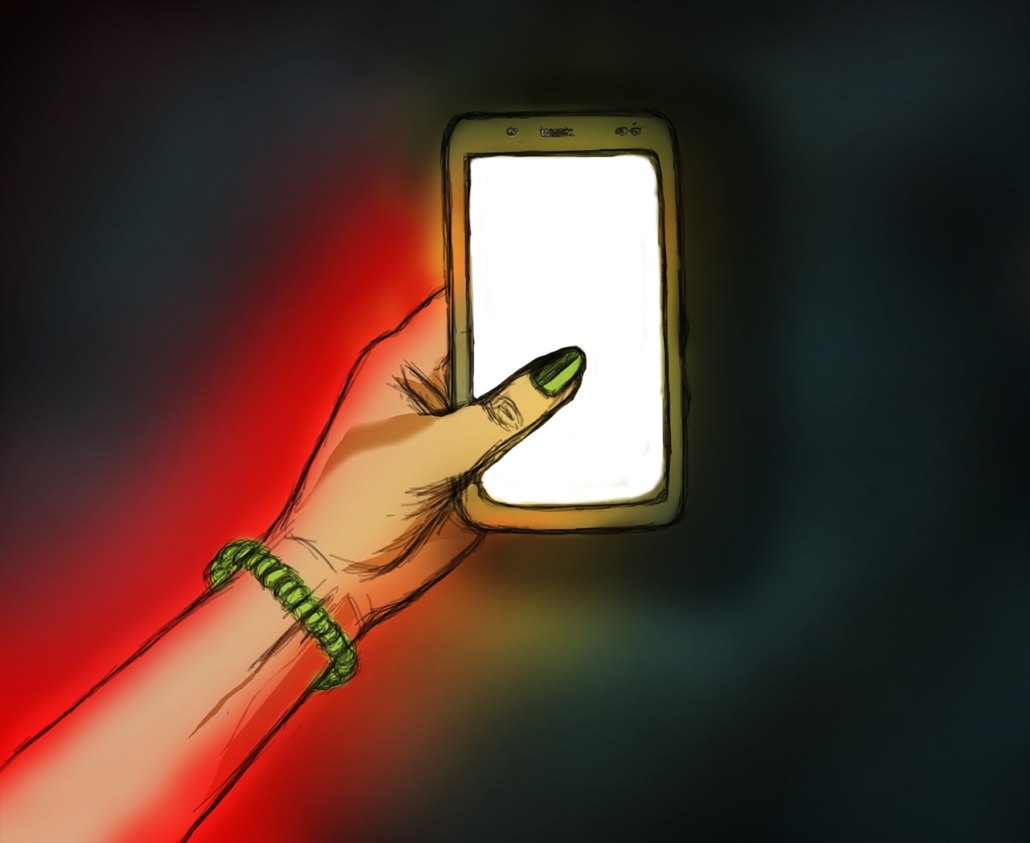Hello readers, today we will be looking at breaking your mobile phone addiction, that is, if you have one.
There is no human invention that has rocked the world as much as mobile phones. Ever since Apple developed the first smartphone in 2007, so many manufacturers have cropped up, trying to improve on the technology. According to Statista, there are an estimated 2.53 billion smartphone users in 2018.
Through this widespread adaptation, they have changed how we consume content, run our businesses and even manage our lives. All this has contributed to the Twitch, a term coined by Anthony Ongaro, in his quest to inspire people to minimize distractions and do what matters.
Why constantly checking your phone can be considered a bad thing?
Have you ever asked yourself; How many times a day do I check my phone? Have you ever scrolled through your settings and found out how many hours you’ve spent staring at your phone screen? Through each and every day, we are plagued by our phone’s micro-distractions. We live in a world where people tend to not function properly when they do not have their phones beside them. A society suffering from ‘low battery anxiety‘. Have you ever asked yourself why this happens?
Because of dopamine. Dopamine is an organic chemical that transmits signals to our brains, which makes us feel good. Various sources have shown that every time we hear the notification chime on our smartphones, this chemical is produced in our brains. This compulsion is what has led to mobile phone addiction.
Below we shall be looking at various tips that can help us reduce the amount of time spent checking the little displays in our pockets:
1. Turn off notifications
First of all, you don’t need all the applications on your smartphone showing you notifications. Some of the applications just send you spam. Turning off these notifications can be a serious benefit. Of course, there are some that are a must have, including messaging applications, phone calls, alarms, and calendars. Some outliers include social media, but these are only special cases for people who run their business or work via social media.
2. Be aware of the twitch
Over time, it is advisable to switch off and even put aside your phone when in situations that leave you idle. Such situations include standing in line(supermarket or bank), when out for a jog or when eating. Though this might seem a bit awkward, scary for some extreme cases?, over time, this habit will stick with you and you’ll find yourself getting more and more comfortable.
3. Delete mobile applications
Probably going to be one of the hardest to implement. For most of us, multiple applications on our phones add no value but help us pass time. Deleting these applications removes these distractions and helps us focus on the things that matter. Especially resting and letting the mind roam free, something people today do not do.
4. Find replacement
Finally is finding something to take your mind off your mobile phone. The easiest solution is substituting this with reading a book. We resort to using our phones after a day at work, catching up with all that happened during the day, especially at home. Opening a book and reading during such a time helps in stress reduction and memory improvement.
Let this post encourage a dialogue down in the comments section below and all thoughts are welcome……….
Until next time, Goodbye from the Mark & Ryse team.






